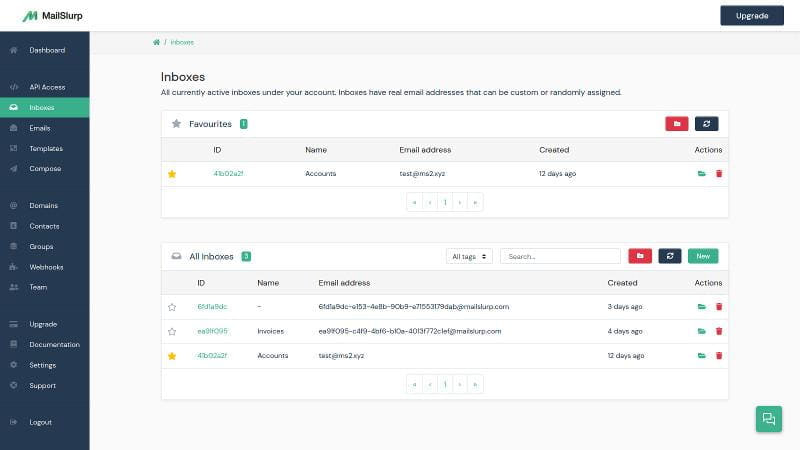Videos
Check out our tutorial video series.
Learn how to send emails easily with Node.js and NodeMailer! Simplify SMTP protocols by configuring messages for modern email features.
SMTP (Simple Mail Transfer Protocol) is a protocol used for sending emails over the internet. While it is possible to implement SMTP directly in NodeJS, it can be a challenging task for many developers due to the complexity of the protocol. The low-level protocol has many details and intricacies that must be taken into account when building an SMTP client, such as the structure of email messages, SMTP commands, and error handling.
To simplify the process of sending emails in NodeJS, developers often use the NodeMailer package. NodeMailer is a popular NPM package that provides a high-level API for sending emails in JavaScript, built on top of the SMTP protocol. The package is designed to abstract away the low-level details of SMTP, making it much easier for developers to send emails without having to worry about the underlying protocol.
NodeMailer provides a simple and intuitive API that allows developers to configure email messages and send them through an SMTP server with just a few lines of code. The package includes support for many features of modern email, such as HTML content, attachments, and inline images. It also supports different transport methods, including SMTP, sendmail, and Amazon SES.
NodeMailer is popular because it simplifies the process of sending emails in NodeJS, making it easier for developers to build applications that send emails without having to worry about the details of the SMTP protocol. It is a powerful tool that enables developers to send emails quickly and efficiently while providing support for modern email features.
The NodeMailer NPM package is a popular NodeJS library that can be used for sending. It's open source and has many GitHub stars! Let's see it in action:
NodeMailer requires access to an SMTP server, if you don't have access to one or need a frontend solution try MailSlurp's email API
First create a new NodeJS project with . Then install NodeMailer from NPM with .
Import the npm nodemailer package and create a new instance.
NodeMailer uses the SMTP protocol to send emails. We need to configure the instance to connect to a mailbox with plain auth. Connect your SMTP server using username and password in conjunction with your mailserver's SMTP port and host:
Host names and ports vary depending on the MailServer. Nodemailer uses the server you connect to in order to relay emails to the outside world.
Note: if you don't have access to an SMTP server use MailSlurp instead!
You can send emails as follows:
Unfortunately NodeMailer can't easily receive emails but there are tons of email APIs out there to help.
With MailSlurp you can create test email addresses then receive emails in Javascript using them. Let's see it in action:
Then create an inbox and wait for emails to be received.
Use the wait for methods to receive the email

You can create mailboxes in Javascript using MailSlurp.
We can use the nodemailer npm package with MailSlurp to automate inbox access and email sending.
Note that we created a new temporary email address on demand using the MailSlurp SDK, then we fetched the SMTP credentials and connected Nodemailer to our server instance. To control email accounts in code see the developer guide.
Check out our tutorial video series.
Email and SMS guides for automation and testing.
View github project code for multiple languages.
Latest posts from the MailSlurp team.
Test, build, and automate messaging with a free MailSlurp account.
